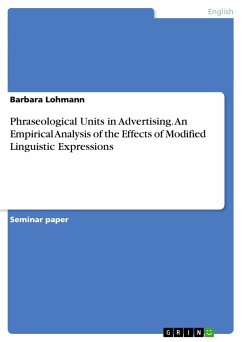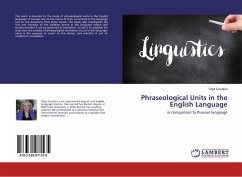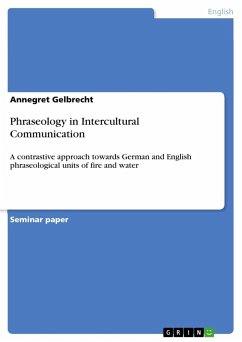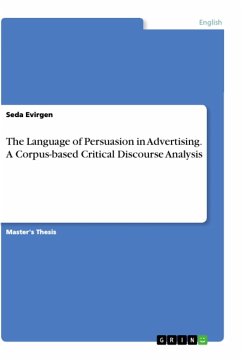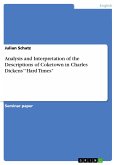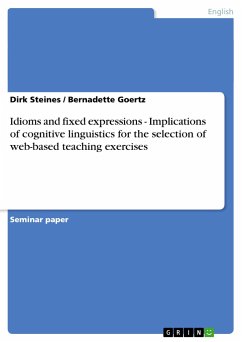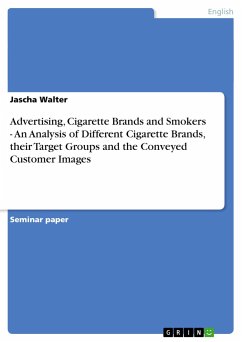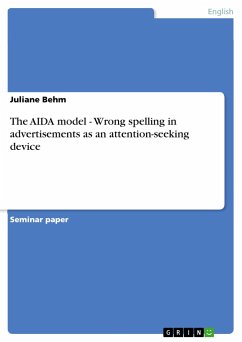Seminar paper from the year 2014 in the subject English Language and Literature Studies - Linguistics, grade: 1,3, University of Münster, language: English, abstract: Since Leech published his pioneering work English in Advertising in 1966, the relevance of advertising increased steadily in linguistics during the twentieth century (Bell, 1995: 32). The term advertising itself means 'to turn towards', thus one of the central and obvious aims of advertising is to get the recipient's attention (Goddard, 1998: 6). Additionally, the initiator aims to attract and persuade a specific target group and thus consciously intends to benefit from the textual components of an advertisement, either directly and commercially or indirectly through an enhanced brand image (Goddard, 1998: 7). Hence advertising texts often involve a complex interpretation of the reader decoding the message (Goddard, 1998: 10). Developing a persuasive and successful advert demands a high degree of creativity and linguistic skills (Bell, 1995: 32). Besides metaphors, puns or alliterations, phraseological units are frequently used as a popular tool in advertising language (Bell, 1995: 32; Fiedler, 2007: 103).In the following, my focus will be on the topic of modification of phraseological units in advertising as beneficial influencer on the audience's attitude towards a product, using the example of a print advert of Volkswagen's 'As sun as possible' campaign for the Beetle Cabriolet. The aim of this work is to prove the relevance and the favourable effects of transformed phraseological units in an empirical study dealing with the advert of Volkswagen. Phraseological Units are modified in the 'As sun as possible' campaign of Volkswagen to profit from the underlying original meaning and to add a personalised meaning fitting the particular product in order to favourably and efficiently affect the relevant audience.In order to show this, the present work will first create a theoretical basis aboutthe concept of phraseological units. There, I will concentrate on the terminology and explain central features of phraseological units and how they are used in adverts. Then I will initially consider the possibilities for a modification of phraseological units on a general basis. In the following, this knowledge will be expanded by an elaboration of the most frequently used techniques for modification in advertising and an explanation of the advantages and challenges. This theoretical knowledge about phraseological units and their features will be exemplarily applied to the 'As sun as possible' campaign of Volkswagen...

